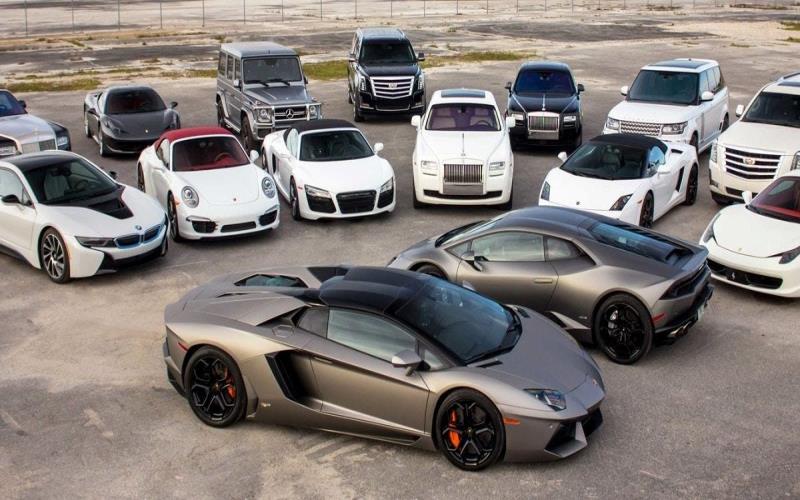Key Takeaways:
- Understanding the profound allure of exotic cars from multiple facets.
- Exploring the exotic car industry’s economic, cultural, and technological impacts.
- Gaining insight into the personalized world of exotic car ownership and community.
- Staying aware of financial considerations and preparing for future trends in the exotic car market.
The world of exotic cars is a mosaic of breathtaking design, engineering prowess, and an unparalleled sense of accomplishment for those who possess them. In a society where our vehicles are often viewed as extensions of our identity, a company such as Monza Exotics serves as a gallery of mechanical and aesthetic masterpieces. It’s not just about the luxury and speed but the craftsmanship and storytelling encapsulated in each model.
For enthusiasts seeking to elevate the experience of their exotic cars, there’s an array of enhancements available to indulge their passion further. From performance upgrades to aesthetic modifications, the options are as diverse as the cars themselves. However, one often overlooked aspect of car customization is window tinting. Companies like Sun-Tint offer professional auto window tinting services that not only add a touch of sophistication to your vehicle but also provide practical benefits such as UV protection and increased privacy. To explore how window tinting can enhance the allure of your exotic car, you can view Sun-Tint’s offerings on their website
The Allure of Exotic Cars
The magnetism of exotic cars is not just in their rarity or astronomical speed capabilities but also in their unapologetic display of luxury and cutting-edge features. These cars are often limited editions and encapsulate the zenith of comfort, performance, and panache. Crafted with precision and care, they reflect a rare blend of art and technology, built to accelerate on the tracks and in the hearts of those who admire them.
What characterizes an exotic car is its ability to outperform others and its capacity to inspire and stir the soul. From the body’s sultry curves to the engine’s roaring symphony, every detail is meticulously fashioned to create a visceral experience that transcends transportation; it’s about living a dream forged in carbon fiber and metal.
The Passion Behind Collecting Rare Automobiles
A zealous quest for exclusivity and historic preservation of automotive art often drives car collectors. It is an endeavor of passion, a flirtation with finery that, for many, begins in childhood with a model car and evolves into a full-blown treasury of real-sized marvels—often becoming a mission to chase down rare, one-of-a-kind specimens.
Collecting valuable automobiles offers an emotional journey as much as a financial one. The thrill of the subsequent pursuit complements the sense of accomplishment from procuring a sought-after piece. A careful balance of admiration for the cars’ legacy and the recognition of their development as sustainable assets is key—modern collectors are often as environmentally conscious as they are enthusiastic, which is captured eloquently in Forbes’ exploration of sustainable car collecting.
The Impact of Technology on Modern Exotic Cars
Each year, technology propels exotic cars into new realms of possibility. Materials science, engineering, and software developments have launched faster and more intelligent cars. Integrating AI and IoT has turned vehicles into tech hubs capable of predictive analysis, real-time adjustments, and offering personalized experiences to their owners.
Imagine cars that adjust their performance based on weather conditions, driver behavior, and emotional state. These aren’t futuristic fantasies; they are realities being integrated into the exotic cars of today, heralding a new dawn for the industry—one that reaches beyond the traditional notions of horsepower and torque into the realms of intelligent responsiveness and adaptive luxury.
The Economic Influence of the Exotic Car Industry
The exotic car landscape extends its influence beyond the showroom, contributing significantly to global and local economies. Beyond revving engines and polished showrooms, they represent cradles of craftsmanship that sustain a diverse ecosystem of designers, engineers, marketers, and sales professionals.
With the luxury car sector seeing profound growth in recent years, as evidenced by Reuters’, report on luxury car sales, it’s clear that these mechanical muses are more than a symbol of affluence—they’re substantial economic contributors that pedal ahead even in the most challenging times.

